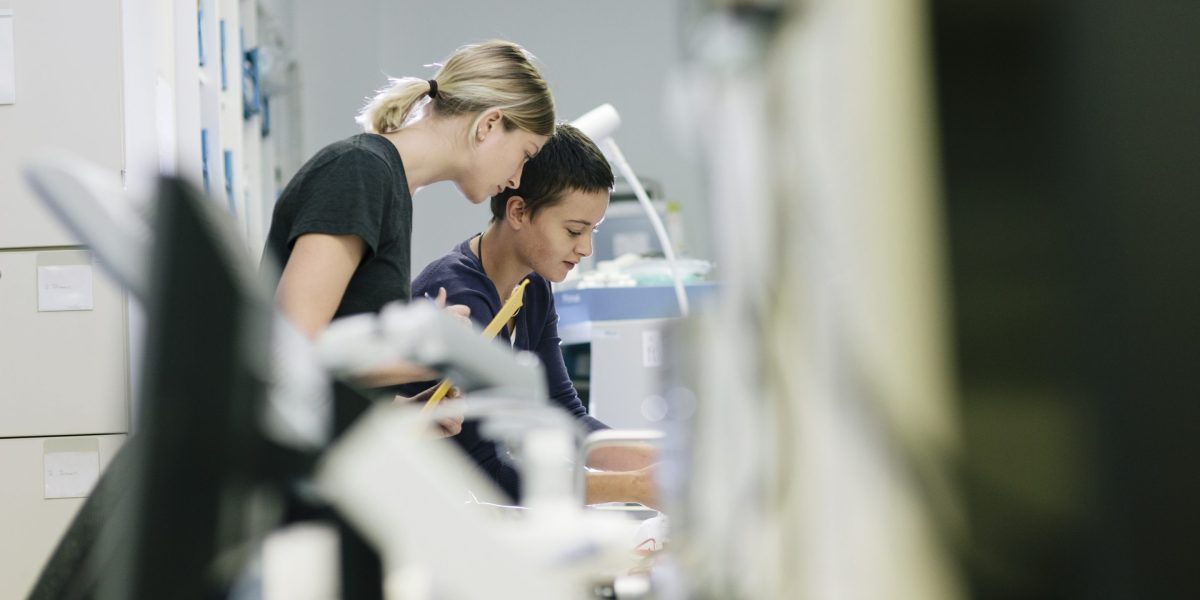This age’s crop of new college graduates is also frightened about discovering a role that may sustain them financially, or one that may have a favorable have an effect on at the situation or a bent toward social justice. However the actual fear may neatly be that they’ll land in a role that asks extra of them in the best way of AI talents than they’re in a position in order.
So says Nigel Vaz, the CEO of Publicis Sapient, a consultancy interested in serving to primary firms like Walmart and McDonald’s digitally change into.
“There will be no job that does not incorporate some form of AI in a very meaningful way, not even in the next five years, in the next year or two,” Vaz informed Fortune in a contemporary interview. “I mean that.”
Vaz, who has been with Sapient for almost 3 many years, upcoming rattled off a listing of generally hands-on careers—janitor, safety safeguard, clothier. “In every one of those areas, AI will be incorporated, even if you don’t know it,” he stated.
Sadly, in some circumstances, the AI increase is making it more difficult, now not more straightforward, to rent tech ability, in line with Vaz. AI ability is so scarce, Vaz believes, as a result of despite the fact that generative AI has been at the scene for a number of years, it’s most effective been in fresh months that the concept that of an “AI job” has solidified. The sinister information for candidates is that few of them if truth be told have the considered necessary talents, in his opinion.
In step with a contemporary Goldman Sachs report, breakthroughs in generative AI may infuse just about $7 trillion into the worldwide GDP, in addition to spur productiveness expansion by means of 1.5 share issues by means of 2033.
“Despite significant uncertainty around the potential for generative AI,” Goldman Sachs economists Joseph Briggs and Devesh Kodnani wrote within the April 2023 document, its talent to generate content material this is matching from human-created output and to crack unwell communique obstacles between people and machines displays a big development with doubtlessly immense macroeconomic results.”
At the extra granular degree, for example, Publicis Sapient works with a immense safety company, and Sapient’s flow activity is to mull over how AI fashions may arise to expect crime waves and grant preemptive signals. “I think the role of tech is to make our jobs easier,” Vaz stated. “People were not designed to work jobs in factories, in assembly lines, forever. If this tech makes jobs easier and better, they can build on that.”
Later once more, Vaz counts himself a tech optimist; enough of professionals remove a more ominous view. “My belief is it will help give us superpowers,” he stated. “You’ll unlearn stuff you once did one way, and relearn what you need to do using these tools. And you’ll unlearn and relearn constantly, because these tools are going to evolve.”
“Evolve” is also a real understatement. Andy Fowl, then-CEO of Pearson, the most important training corporate within the U.S., told Fortune terminating age that AI is essentially transferring quicker than actual age, which has led the collection of AI-related lessons Pearson do business in to balloon.
However for the ones feeling rather in the back of the curve, Vaz cautioned towards panic. “Don’t obsess with keeping pace,” he stated. “I tell my teenage son, ‘What you know is irrelevant. Don’t, for one second, focus on knowing stuff.’ The only skill you need to cultivate is the ability to learn, unlearn, and relearn. What you learned yesterday, you might need to unlearn and relearn tomorrow.”
Frequently manufacture that unlearn-relearn muscle, he stated. “It’s the only way you’re going to be able to self-sustain in the world”—in large part as a result of AI is an augmentation that’s “probably the biggest change humankind has seen since the wheel, or electricity,” Vaz stated. “I’m trying not to overstate it, but I think this is just as significant.”



